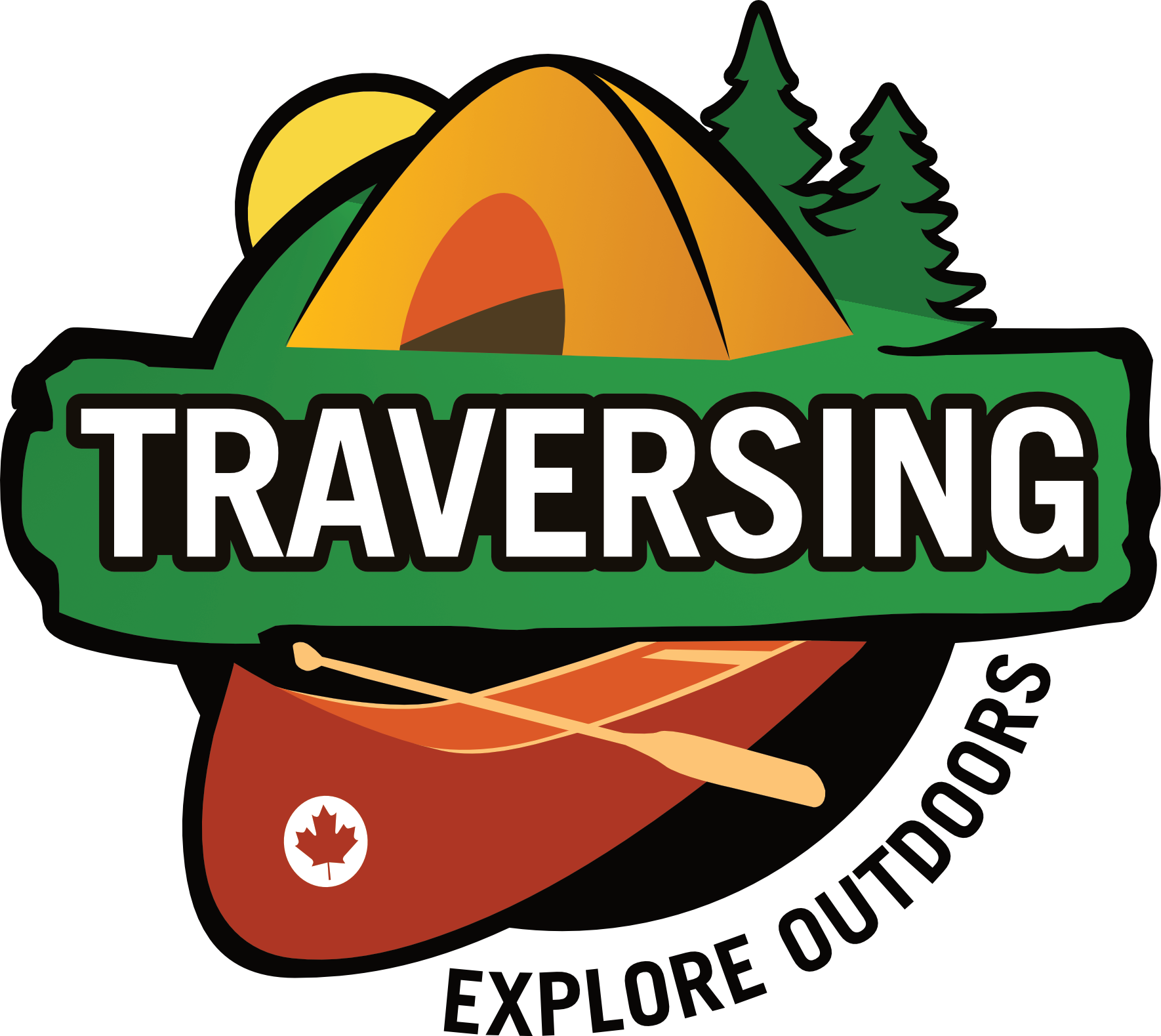Canada & U.S. Working Together To Standardize PFDs

Old Label
New Label
Canada and the United States are working together to harmonize their flotation standards in order to improve the products and streamline the regulations. This will also mean that PFDs that meet the new standards will be approved for use in both the United States and Canada.
The old US Type classification system called everything a PFD, a Personal Flotation Device Type I through V. In Canada they distinguished between PFDs and lifejackets (with turning ability). The new Performance Classification System refers to a numbered scale with Buoyancy Aids at the lower range and lifejackets at the upper end. Recent improvements to standards for lifejacket design, construction and testing have led to changes that will offer more choice to users.
“This harmonization work has led to a new performance classification system that will replace the old Type system. As a result, a new labelling system has been created that includes clear information and icons indicating performance of the device in the water. In addition to new labels, devices will include an information placard that will help users select a device that is both comfortable to wear and has the right performance (e.g. buoyancy, turning) for the planned activities.”
The new labels will include...
Size
The size of the device is shown on the label, (usually near the back of the neck) stated as a measure of mass (weight). A chest measurement or height may also be indicated.
The label is a general guideline only as body type and size vary greatly.
Performance Level Icons
Performance is a combination of factors:
- buoyancy, freeboard, turning, stability and visibility.
The icons on new labels are international symbols that are adopted from the International Standards Organization (ISO) sub-committee for lifejacket standards.
Level 50
- swim skills expected of user
- not recommended for weak or non-swimmers
- close to shore and immediate assistance
- no turning ability
Level 70
- calm or sheltered waters
- close to shore or help near to hand
- no turning ability
Level 100
- calm or sheltered water
- some time to wait for rescue
- some turning ability
Level 150
- offshore waters with waves
- turning ability
Level 275
- offshore emergency situations
- used with weight of extra tools, equipment or clothing
Warnings
The warnings panel on the label includes important information for the user about the device and its intended use.
Icons are used to inform the user that a device may not be appropriate for certain activities, such as water-skiing, towed sports or personal watercraft.
Maintenance
The maintenance panel on the label includes information on the care and use of the device.
Icons are used to inform the user about cleaning and drying the device.
Reminders about fastening the device for GOOD FIT and the importance of inspecting for damage before use and storage are included here, with reference as well to reading manufacturers information.
Approval
The approval panel indicates that the device has been approved by the United States Coast Guard and Transport Canada.
Other important information includes:
- approval codes
- certification by testing laboratories
- manufacturer's name, contact info, device lot and model numbers
All current approved lifejackets and PFDs (personal flotation devices) will continue to be legally approved for carriage as long as they are still in good condition, readily available and of the correct size to be worn for each person on board.
US approved devices are acceptable in the USA, and Transport Canada approved devices are acceptable in Canada.
New devices with new labels under the new performance classification system are acceptable in both countries. New devices tested to new standards will be phased in as introduced by manufacturers.
Learn more at wearitlifejacket.com












